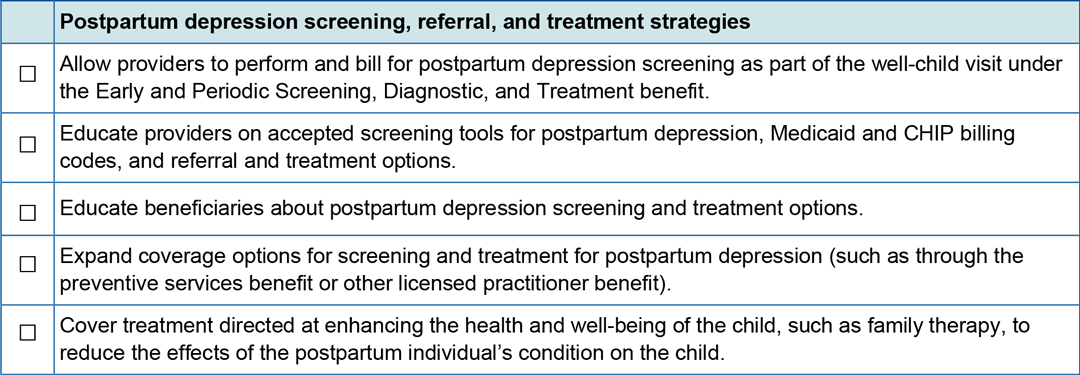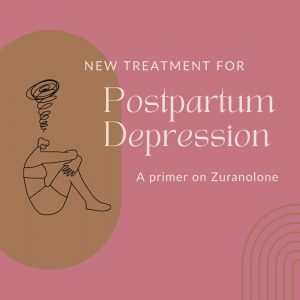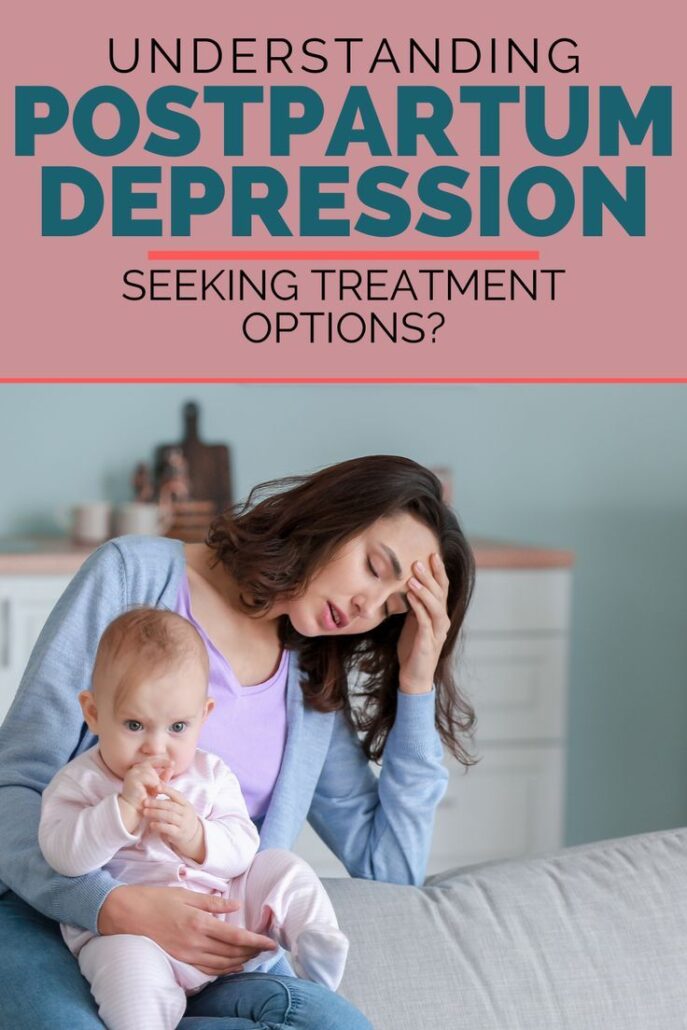Some Of Beautiful Journey Reproductive Counseling Center
Some Of Beautiful Journey Reproductive Counseling Center
Blog Article
3 Easy Facts About Beautiful Journey Reproductive Counseling Center Described
Table of ContentsGetting My Beautiful Journey Reproductive Counseling Center To WorkThe Facts About Beautiful Journey Reproductive Counseling Center UncoveredNot known Facts About Beautiful Journey Reproductive Counseling CenterThe Beautiful Journey Reproductive Counseling Center DiariesBeautiful Journey Reproductive Counseling Center - The Facts8 Easy Facts About Beautiful Journey Reproductive Counseling Center Described

Functioning with psychological health specialists is a wonderful method to learn concerning postpartum clinical depression and exactly how to recoup. Therapy is an individual and important means to treat postpartum anxiety.

Unknown Facts About Beautiful Journey Reproductive Counseling Center
There have not been conclusive research studies released that looked especially at folate or various other B vitamins in the therapy of postpartum depression. Take into consideration advising to women that are postpartum to continue their prenatal vitamin or take a B-100 complex with about 1 mg (or 1,000 mcg) of folic acid, or folate.
Modification of vitamin D deficiency might play a substantial function in the recovery from postpartum depression. Mommies battling with anxiety should have their 25-OH vitamin D degree examined. Lots of women locate that they require at the very least 2,000-3,000 IUs of cholecalciferol, which is vitamin D3 (a kind that is very easily absorbed) throughout the winter months.
In the summer season months, less dental vitamin D might be needed, depending on the latitude where the mommy lives. reproductive therapist.
Unknown Facts About Beautiful Journey Reproductive Counseling Center

Anticoagulation may be made use of, and it needs to be noted that there exists no global guideline or suggestion for anticoagulation treatment in septic pelvic thrombosis. Preliminary bolus of 60 units/kg (4000 devices maximum) adhered to by 12 units/kg/h (optimum of 1000 units/h) is advised. The aPTT is kept track of for 2-3 times the regular worth.
Postpartum depression (PPD) is a complex mix of physical, psychological, and behavioral changes that happen in some women after providing birth. According to the DSM-5, a hands-on made use of to identify psychological disorders, PPD is a type of significant clinical depression that begins within 4 weeks after delivery. The diagnosis of postpartum anxiety is based not just on the size of time in between distribution and start but on the seriousness of the anxiety.
The term defines a variety of physical and emotional modifications that numerous new mommies experience. PPD can be treated with drug and therapy. The chemical changes involve a quick drop in hormones after delivery. The real web link in between this decrease and anxiety is still unclear. What is known is that the levels of estrogen and progesterone, the women reproductive hormonal agents, boost tenfold during pregnancy.
The Ultimate Guide To Beautiful Journey Reproductive Counseling Center
Frequently, signing up with a support system of new mamas or speaking with various other mothers aids. can happen a couple of days or even months after giving birth. PPD can happen after the birth of any type of child, not just the very first kid. You can have sensations comparable to the baby blues-- unhappiness, misery, stress and anxiety, crankiness-- yet you feel them a lot more highly.
When your capacity to function is affected, you need to see a healthcare carrier, such as your OB/GYN or primary care physician. This medical professional can screen you for depression signs and come up with a treatment plan. If you do not obtain therapy for PPD, symptoms can become worse. While PPD is a severe condition, it can be treated with medicine and counseling.
This illness can happen rapidly, commonly within the initial 3 months after giving birth. Females can shed touch with fact, having auditory hallucinations (hearing things that aren't actually happening, like a person chatting) and deceptions (highly thinking points that are clearly irrational). Visual hallucinations (seeing things that aren't there) are less usual.
Females that have postpartum psychosis requirement treatment right away and often require medicine. In some cases ladies are placed into the medical facility since they are at threat for hurting themselves or another person. Postpartum depression is discriminated, depending upon the sort of visit this page signs and symptoms and just how serious they are. Treatment alternatives include anti-anxiety or antidepressant medications, psychiatric therapy, and engagement in a support group for psychological assistance and education.
The Definitive Guide for Beautiful Journey Reproductive Counseling Center
Children of moms with postpartum depression are more probable to have issues with resting and consuming, crying more than usual, and delays in language development. If you have a history of anxiety, tell your physician as quickly as you find out you're expecting, or if you're planning to end up being expectant.
Usually, joining a support group of brand-new moms or talking with various other mamas aids. can take place a couple of days and even months after giving birth. PPD can happen after the birth of any type of kid, not simply the initial youngster. You can have feelings similar to the baby blues-- unhappiness, anguish, anxiousness, crankiness-- but you feel them far more strongly.
When your ability to feature is impacted, you need to see a health treatment company, such as your OB/GYN or main care doctor. If you do not get therapy for PPD, symptoms can get even worse.
This health problem can take place quickly, usually within the very first 3 months after childbirth. Women can shed touch with fact, having acoustic hallucinations (hearing points that aren't actually occurring, like an individual chatting) and misconceptions (strongly believing points that are plainly irrational). Aesthetic hallucinations (seeing things that aren't there) are much less common.
The 45-Second Trick For Beautiful Journey Reproductive Counseling Center
Females that have postpartum psychosis requirement treatment right away and almost always need medicine. Treatment choices include anti-anxiety or antidepressant medications, psychiatric therapy, and involvement in a support group for emotional support and education.
Kids of mothers with postpartum clinical depression are more probable to have problems with sleeping and consuming, crying even more than typical, and delays in language advancement (therapist for infertility). If you have a history of depression - https://www.pubpub.org/user/john-coates, inform your medical professional as quickly as you learn you're pregnant, or if you're preparing to become expecting
Report this page